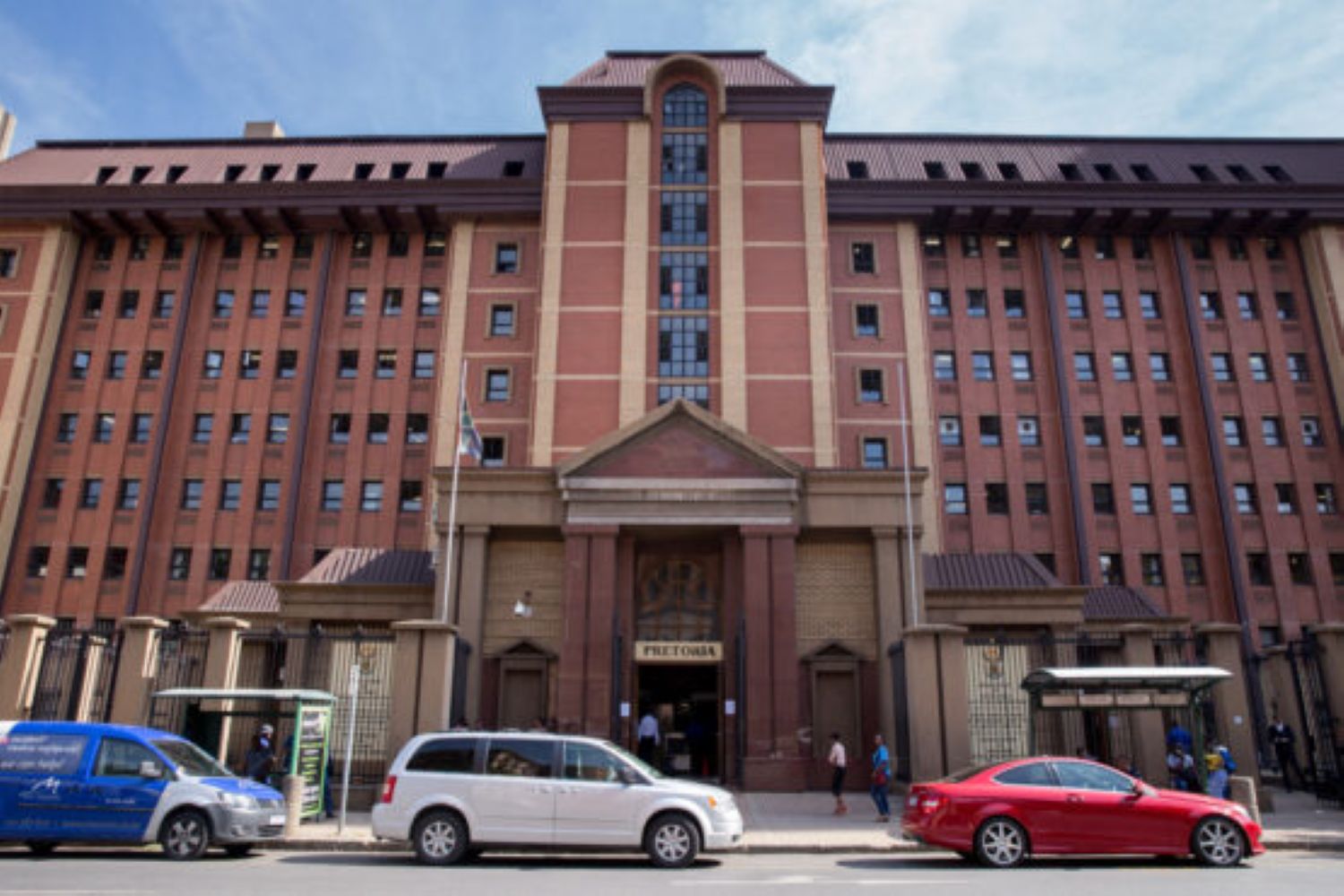Numsa said the bulk of the employees’ wages is spent on food, rent, electricity and transport to work. �
The National Union of Metalworkers of SA (Numsa), the country’s largest union, has tabled its demands for workers under the Motor Industries Bargaining Council (MIBCO).
The council is a statutory body that helps regulate employment conditions like wages, benefits and working hours in the motor sector.
The parties to MIBCO are the Fuel Retailers Association and the Retail Motor Industry Organisation.
The sector employs more than 300 000 workers, including those in fuel stations, car dealerships, vehicle body builders and component manufacturers. Numsa represents at least 90 000 of the workers in the sector.
ALSO READ: Govt increases minimum wage – here’s how much domestic workers should earn from 1 March
Numsa demands wage increase
Numsa spokesperson Phakamile Hlubi-Majola said most of its members earn very low wages. “Our demands are informed by the reality of the negative impact of the cost of living,” she said.
The demands were made at the first rounds of negotiations held on Thursday and Friday.
The current three-year wage deal, signed in November 2022, gave workers a 7.5% raise in the first year and 6% raises in the second and third years. This agreement will end on August 31.
She added that research by Statistics South Africa found that half of the 13 million workers in the country earn below R5 400 a month, meaning most of the earnings are concentrated at the top.
“There is a racial discrepancy where white workers still earn much more than coloured, Indian, and African workers, with Africans being the lowest paid.”
ALSO READ: ‘We need a nation that can create jobs for themselves’
Increase based on CPI rejected
The union highlighted that its members are struggling to make ends meet with their current earnings. The bulk of their wages is spent on food, rent, electricity and transport to work. �
“Research by the Pietermaritzburg Economic Justice and Dignity Group found that workers spend as much as 57% of their wages on transport and electricity, whilst underspending on food.”
Hlubi-Majola added that its members have rejected an increase based on the consumer price index (CPI) because the cost of living is very high. Therefore, an inflation-based increase is unrealistic.
“Eskom has been granted double-digit increases over the years. At the same time, food inflation has increased by an average of 7% year on year, and often above inflation over the years.”
Demands for workers
Apart from a 10% wage increase, Numsa demands a night shift allowance, medical aid/insurance cover for workers, closing wage pay gaps and a transport allowance for garage workers.
The demands also include “the employer having to pay 70% of the salary for a short time”.
“Numsa submits that our demands are reasonable under the circumstances. Workers have been suffering, and wages have not improved much over the years.
“While we accept that CPI is currently at around 3%, an inflation-based increase is unrealistic because our members simply cannot afford to survive on it.”
NOW READ: Concern about auto industry jobs














